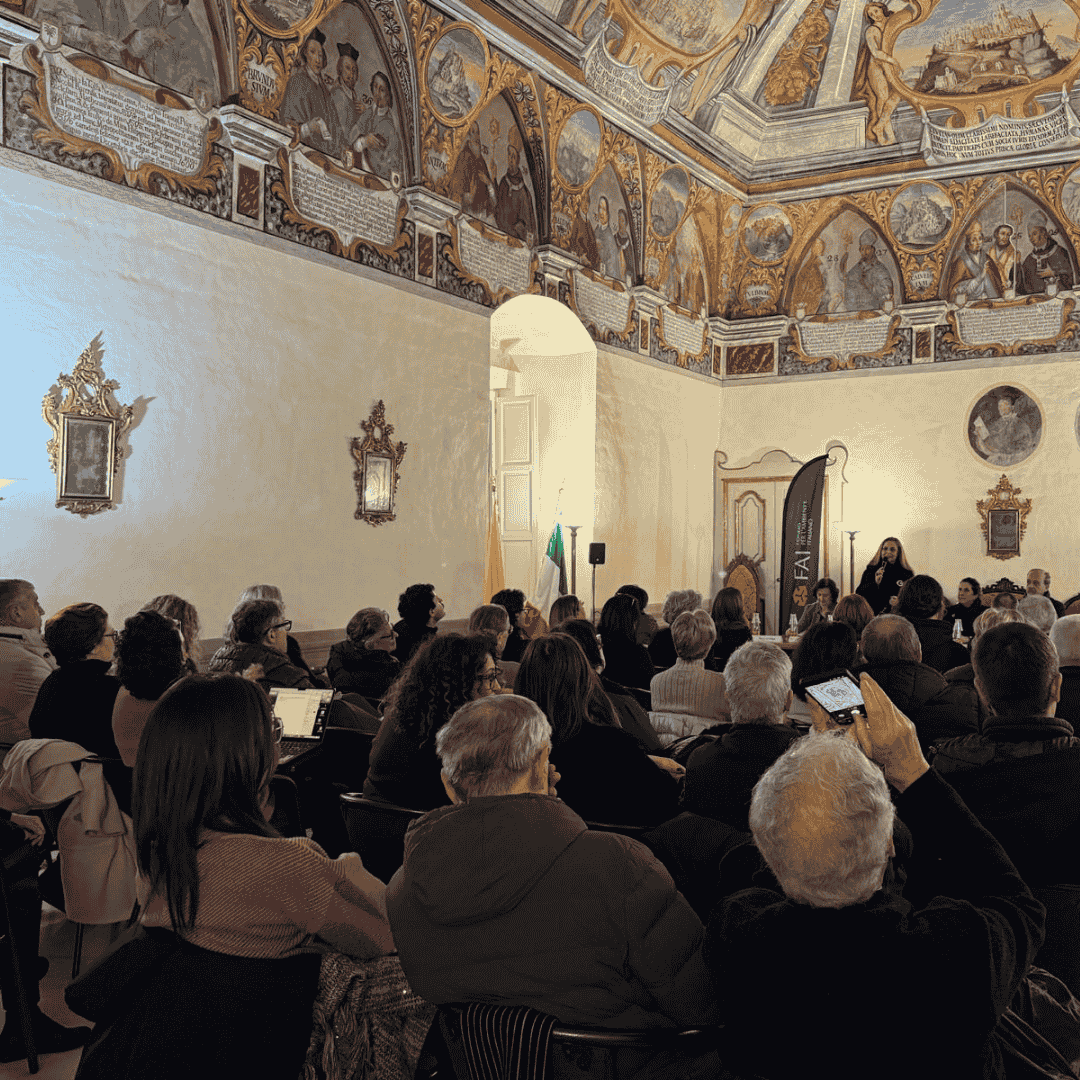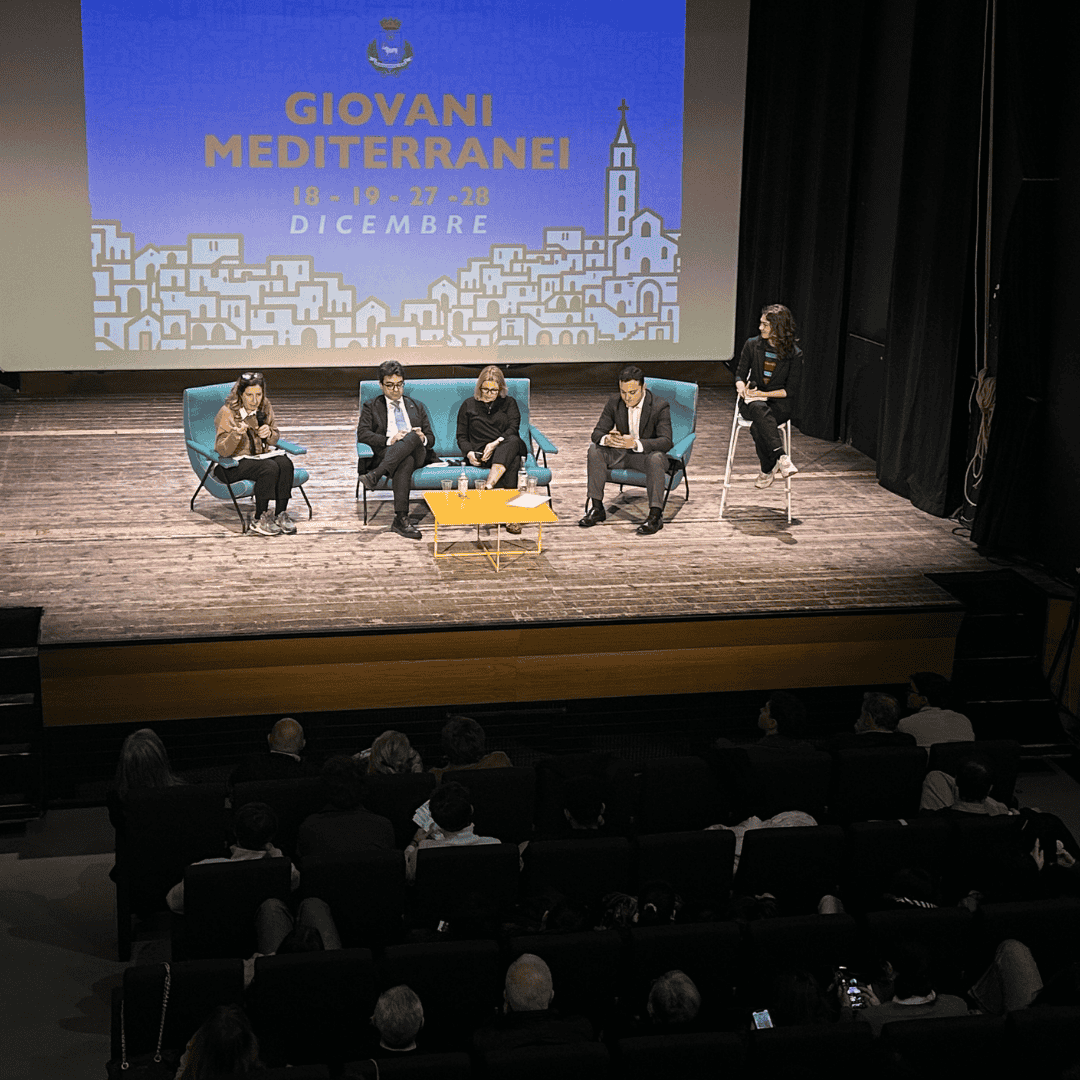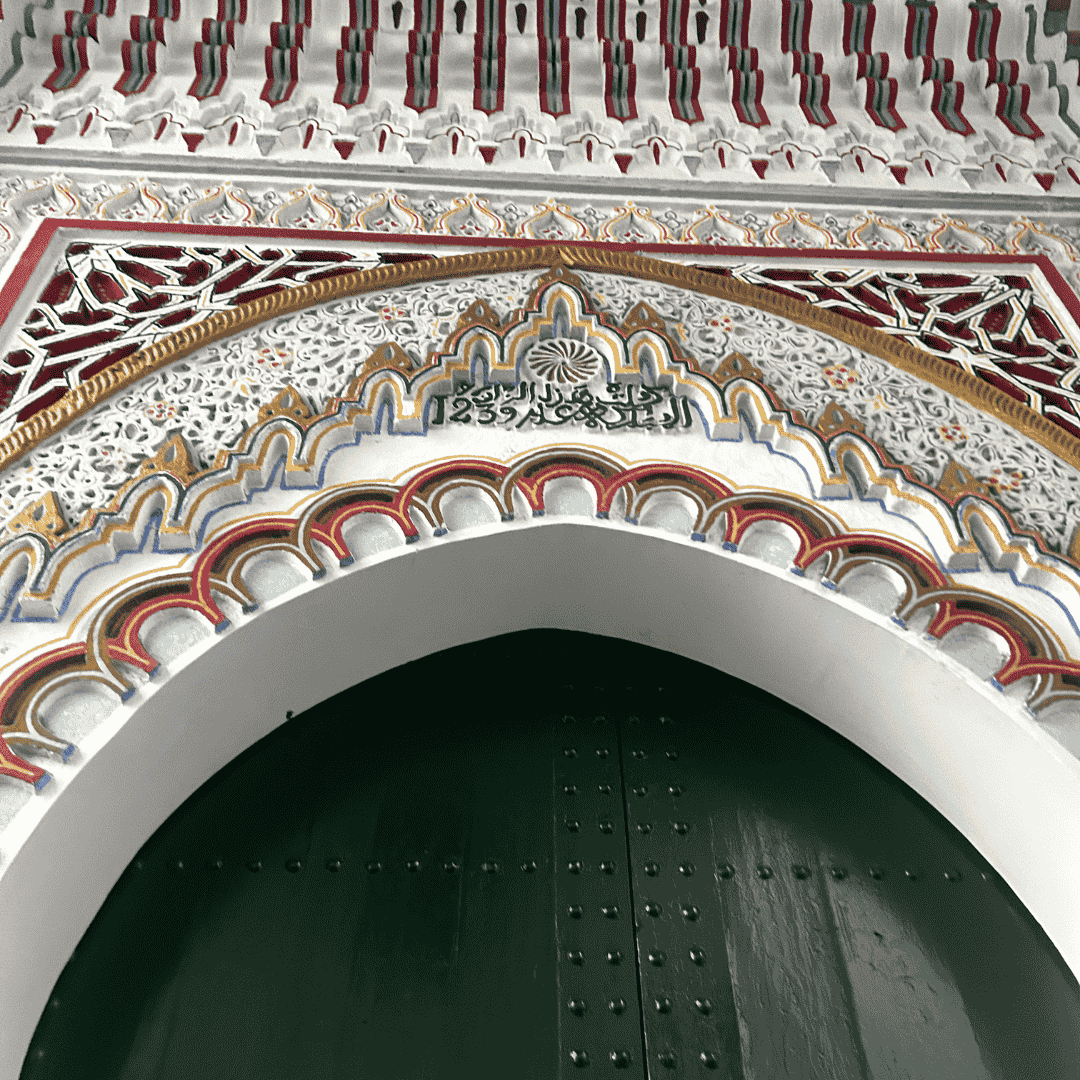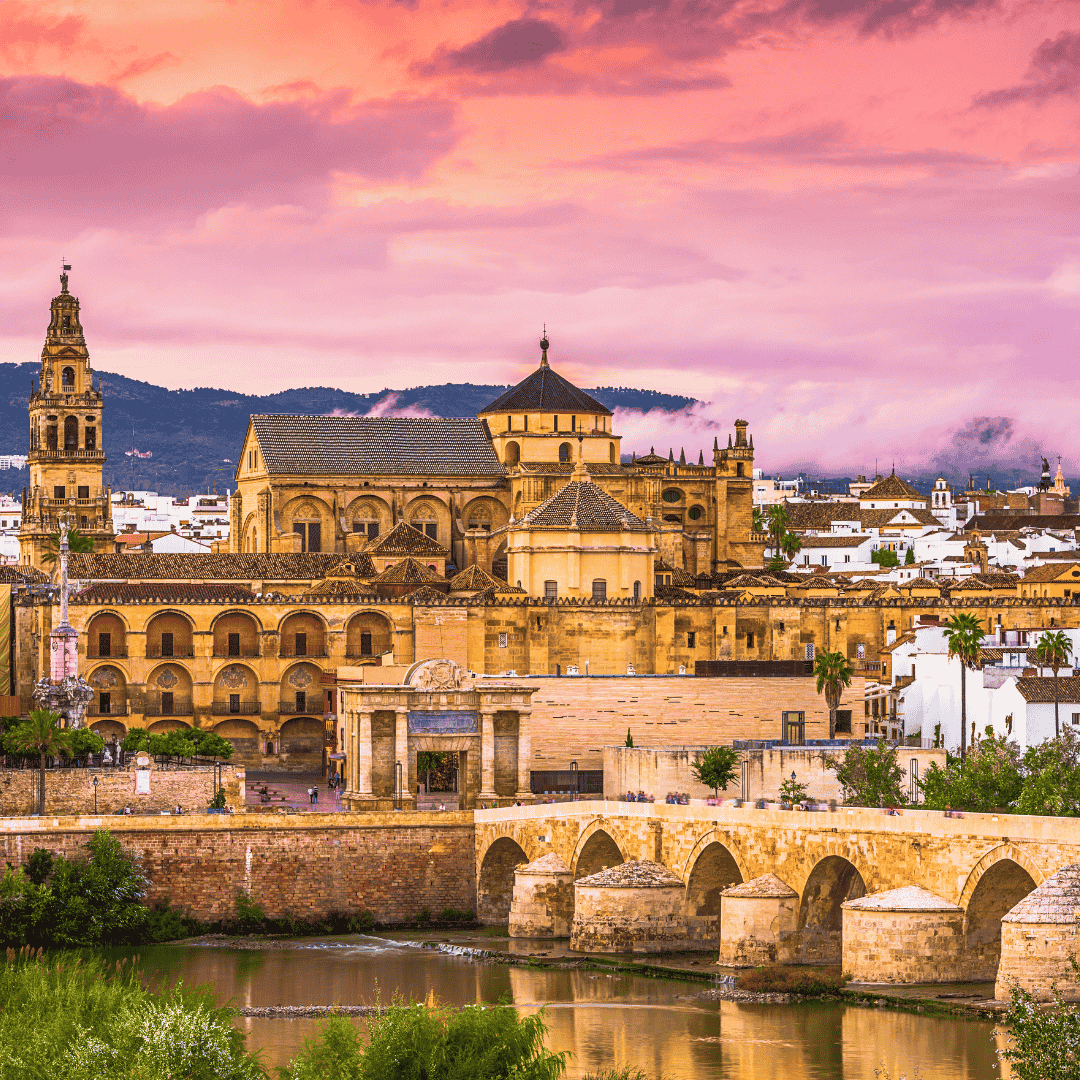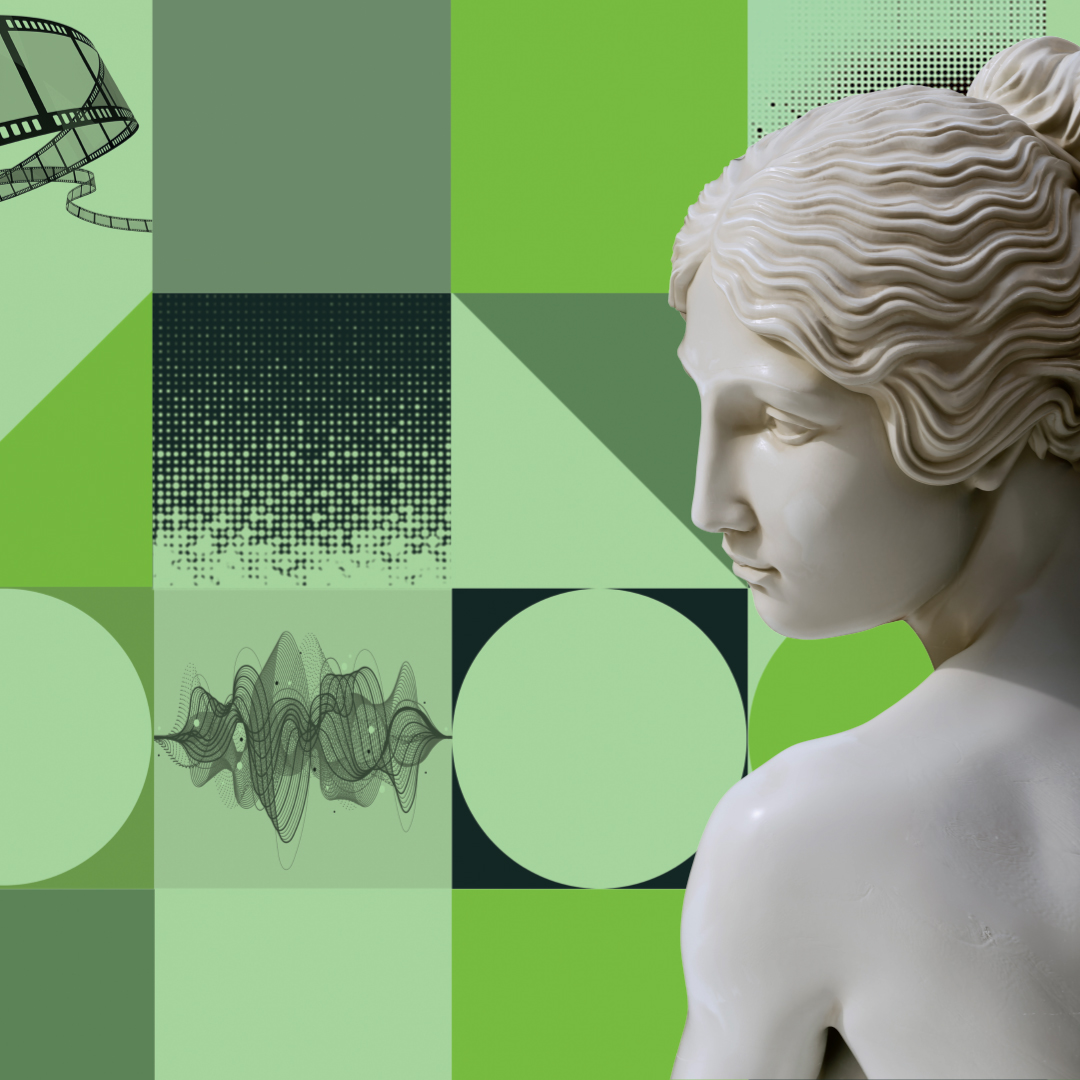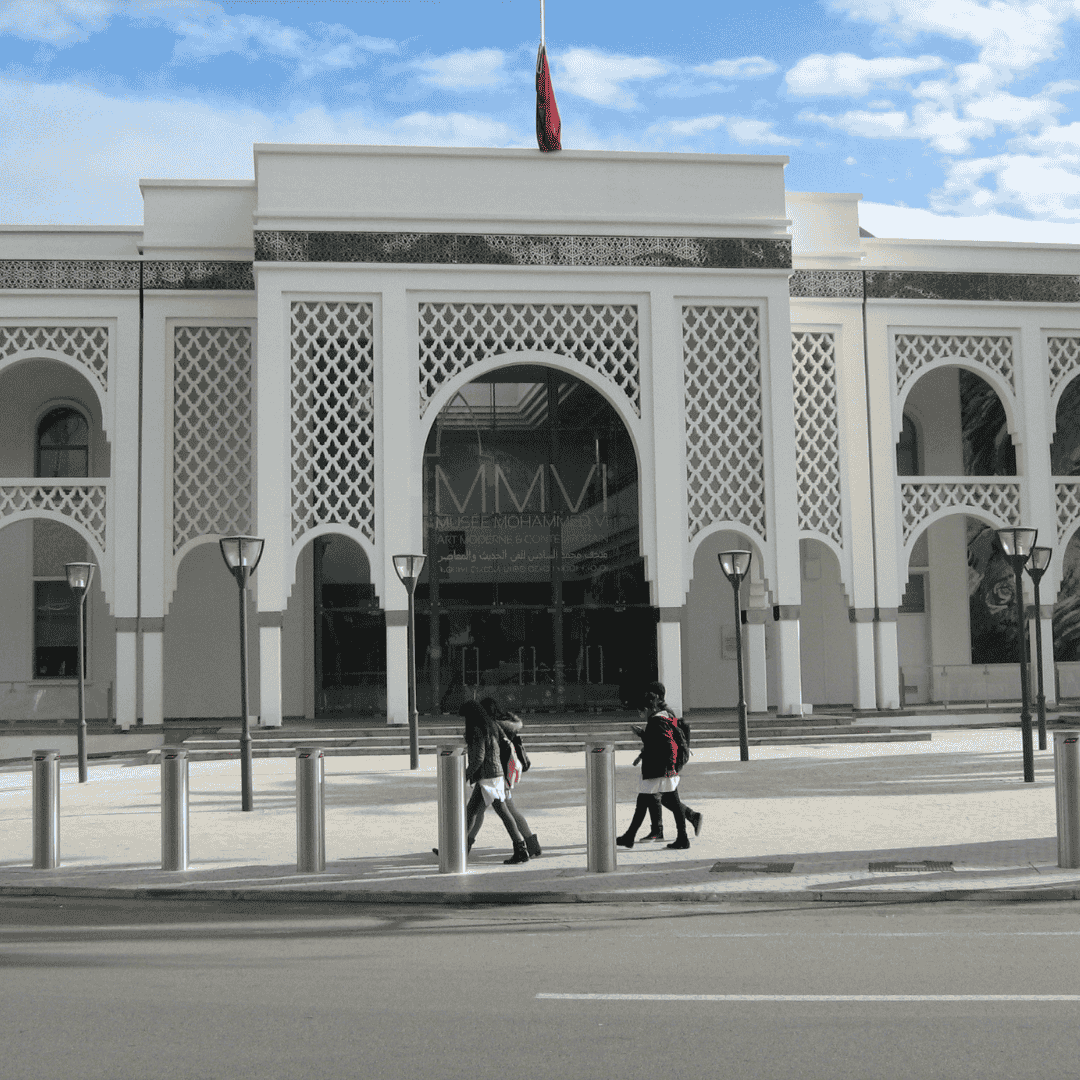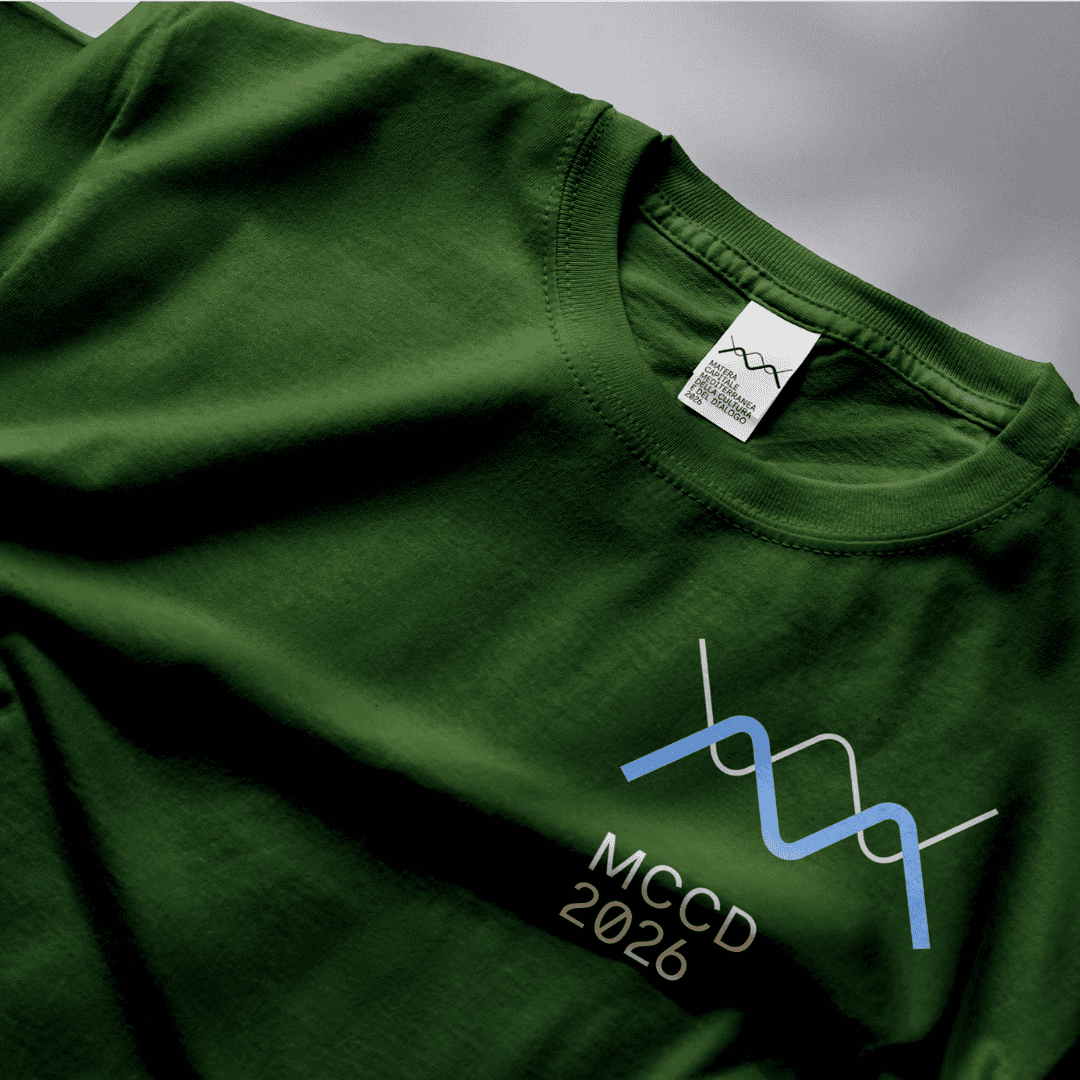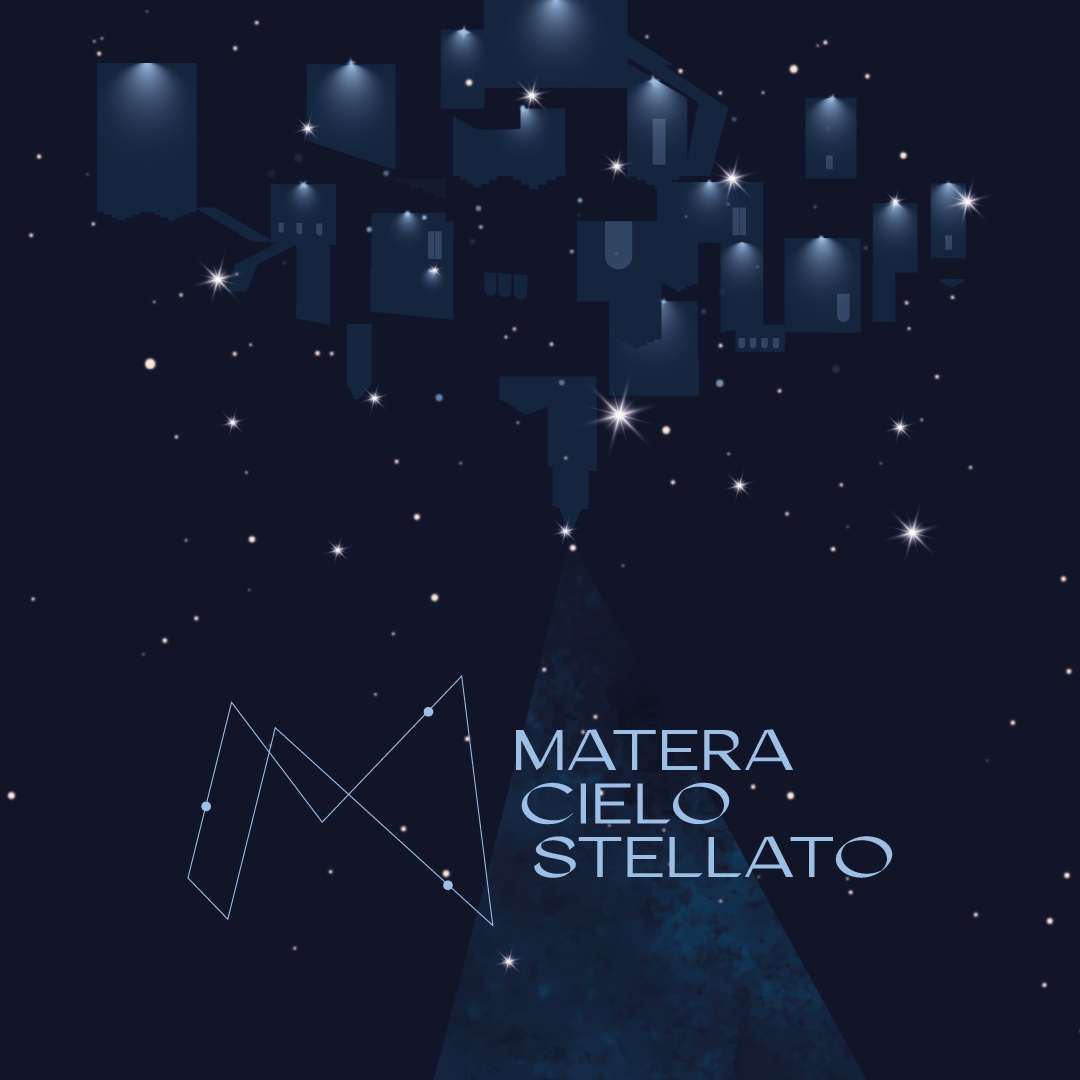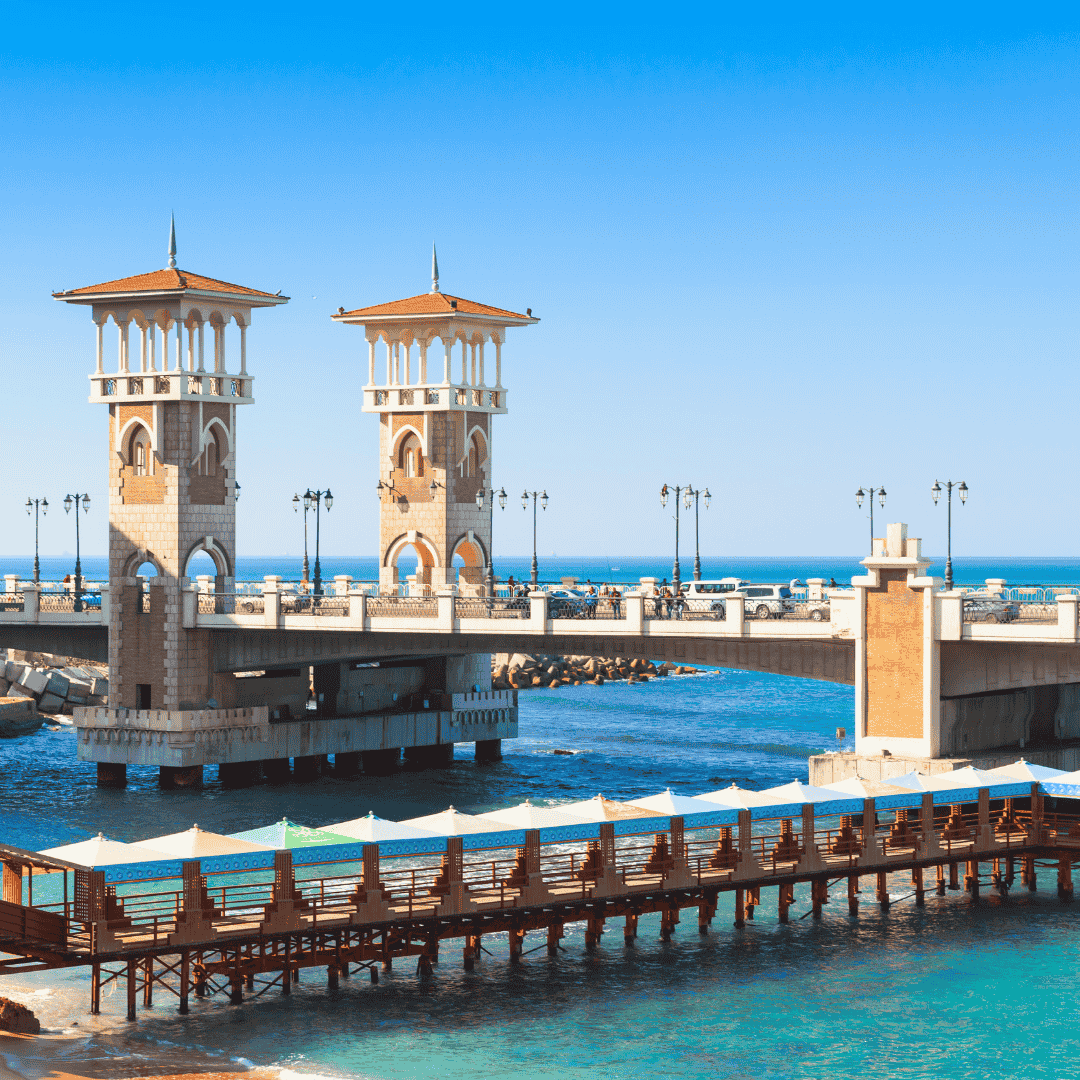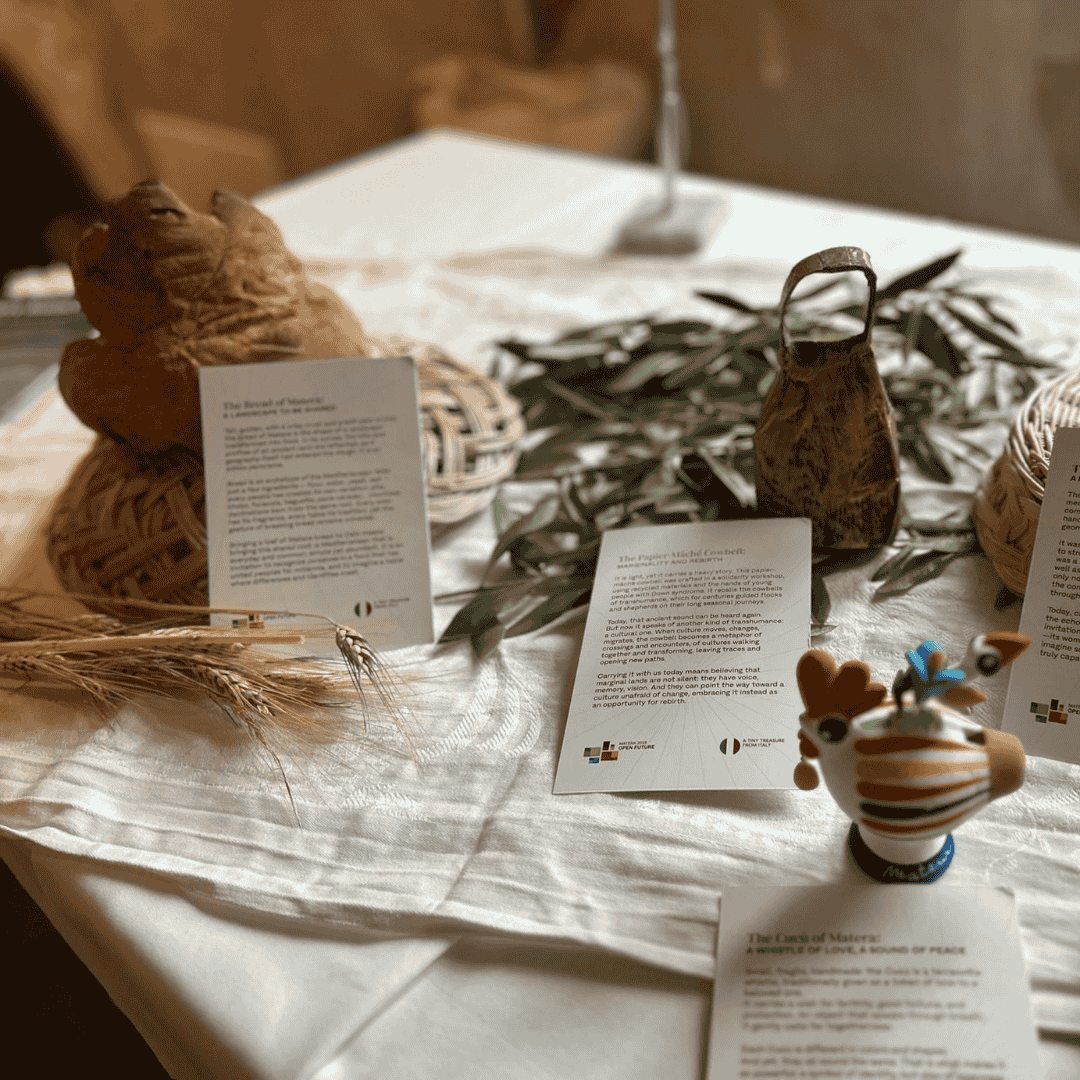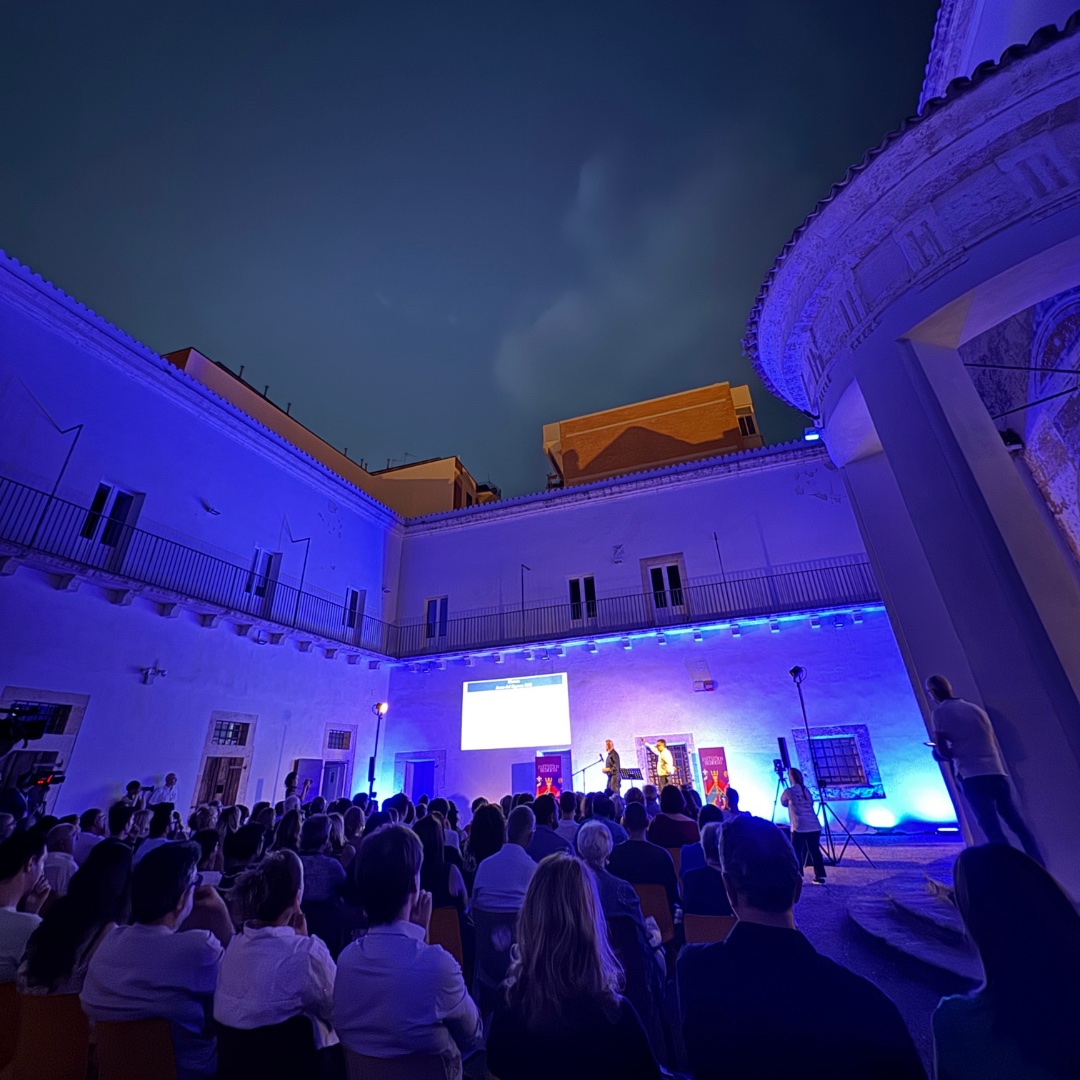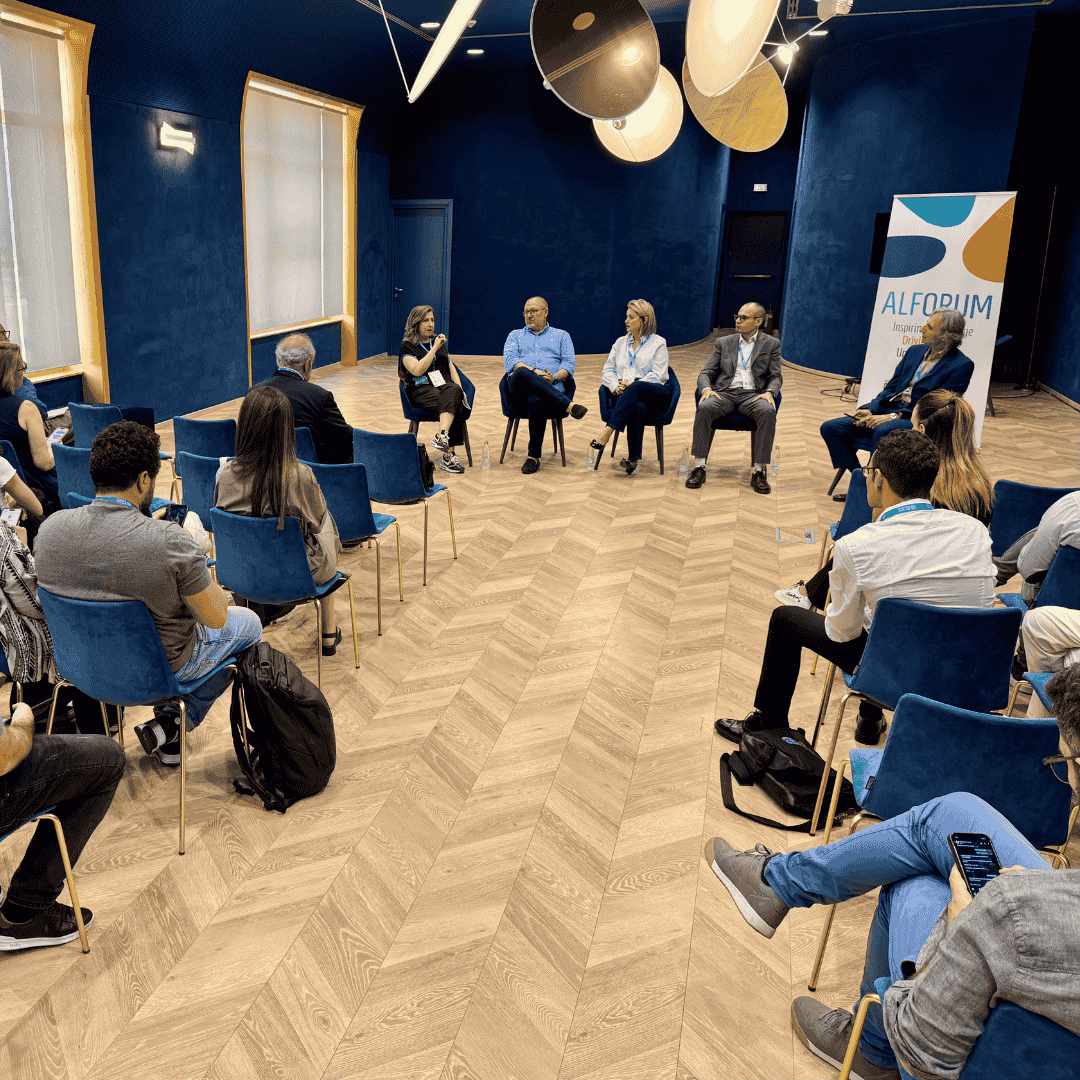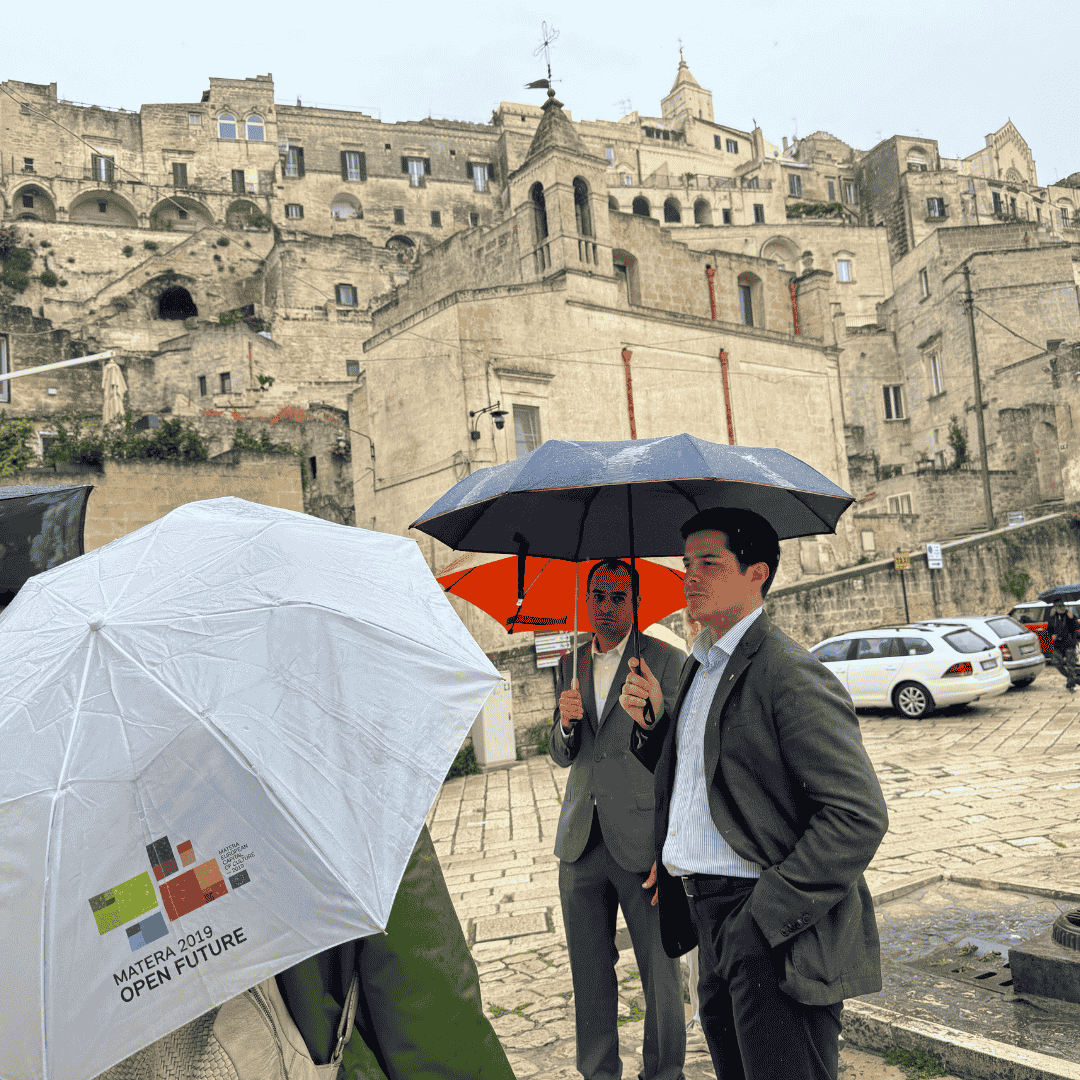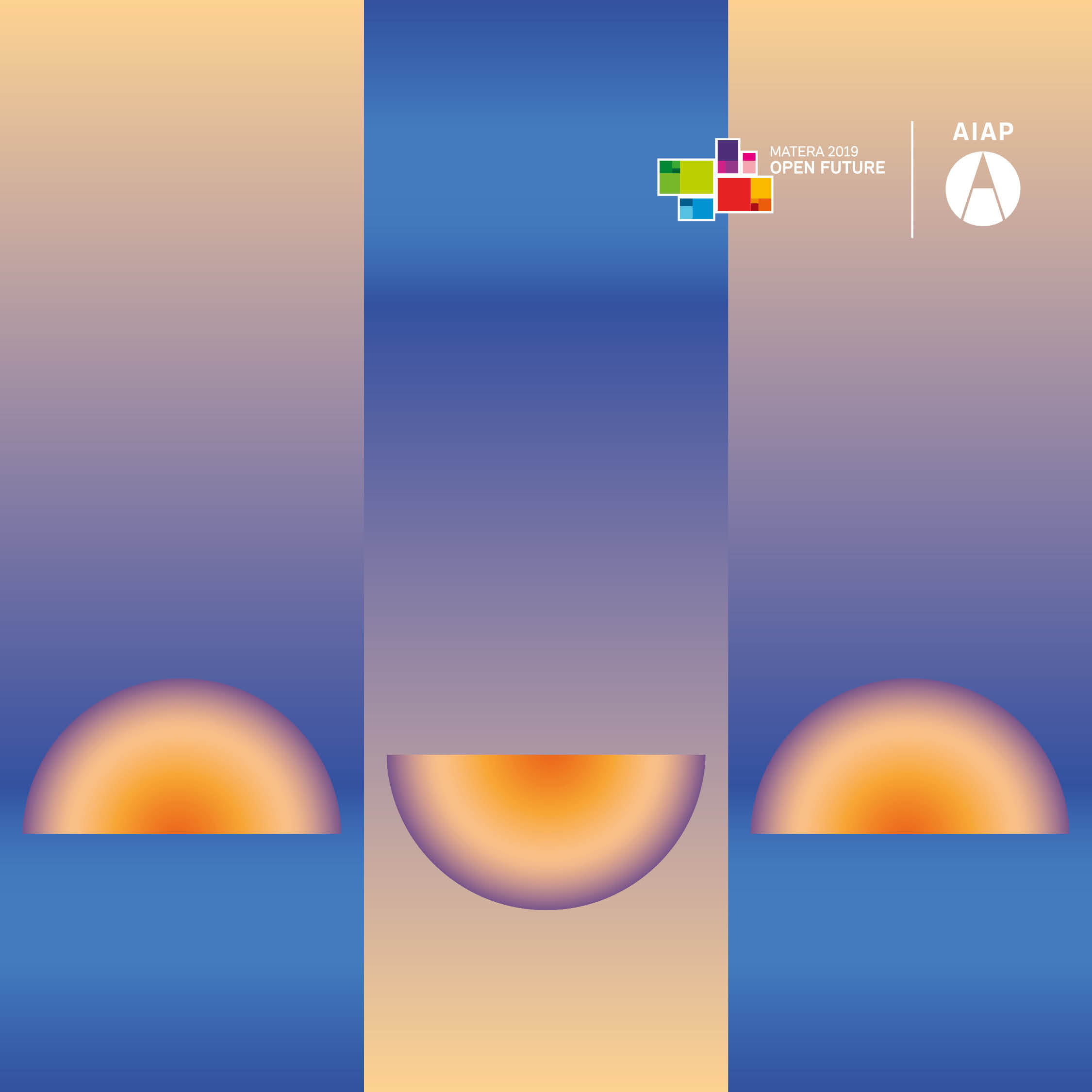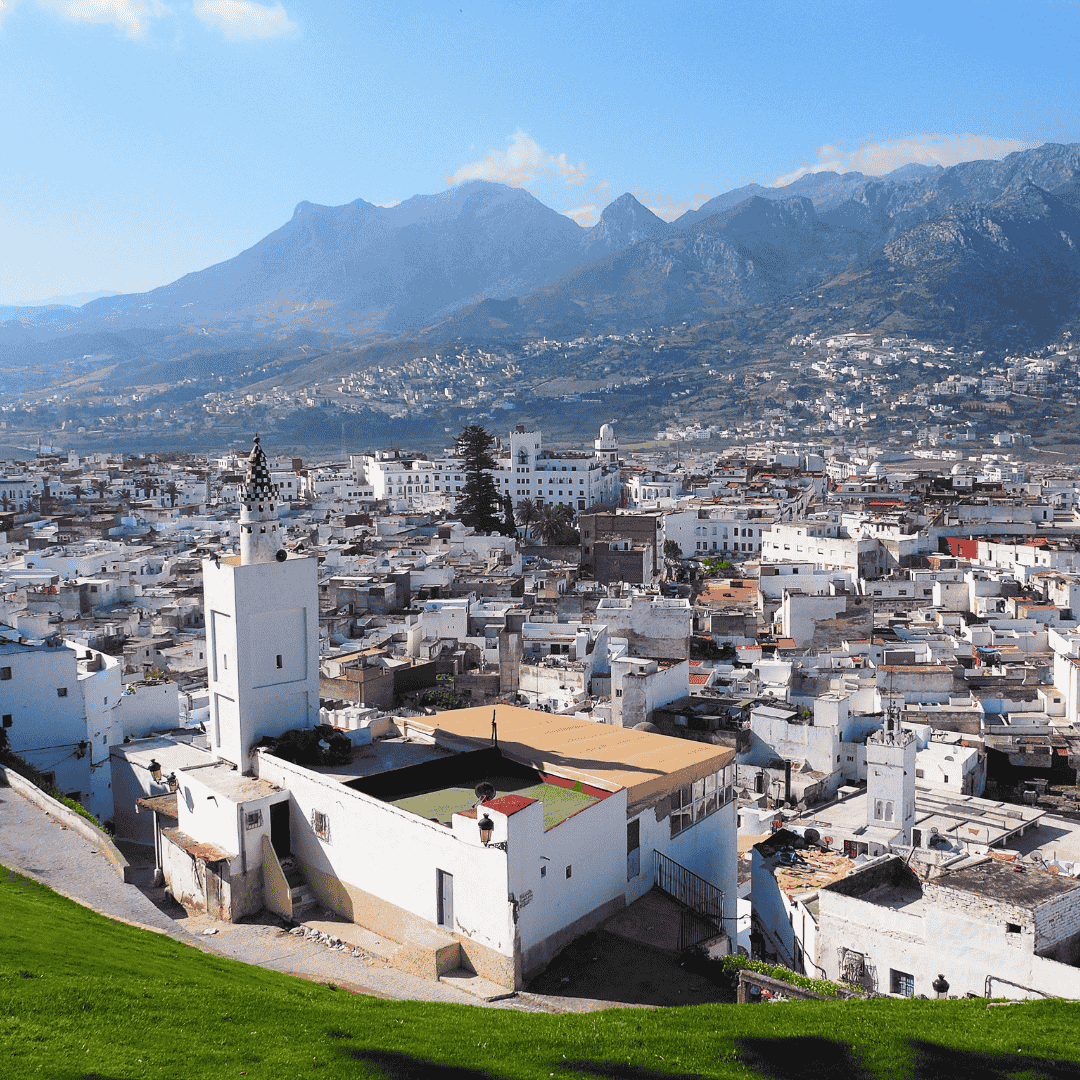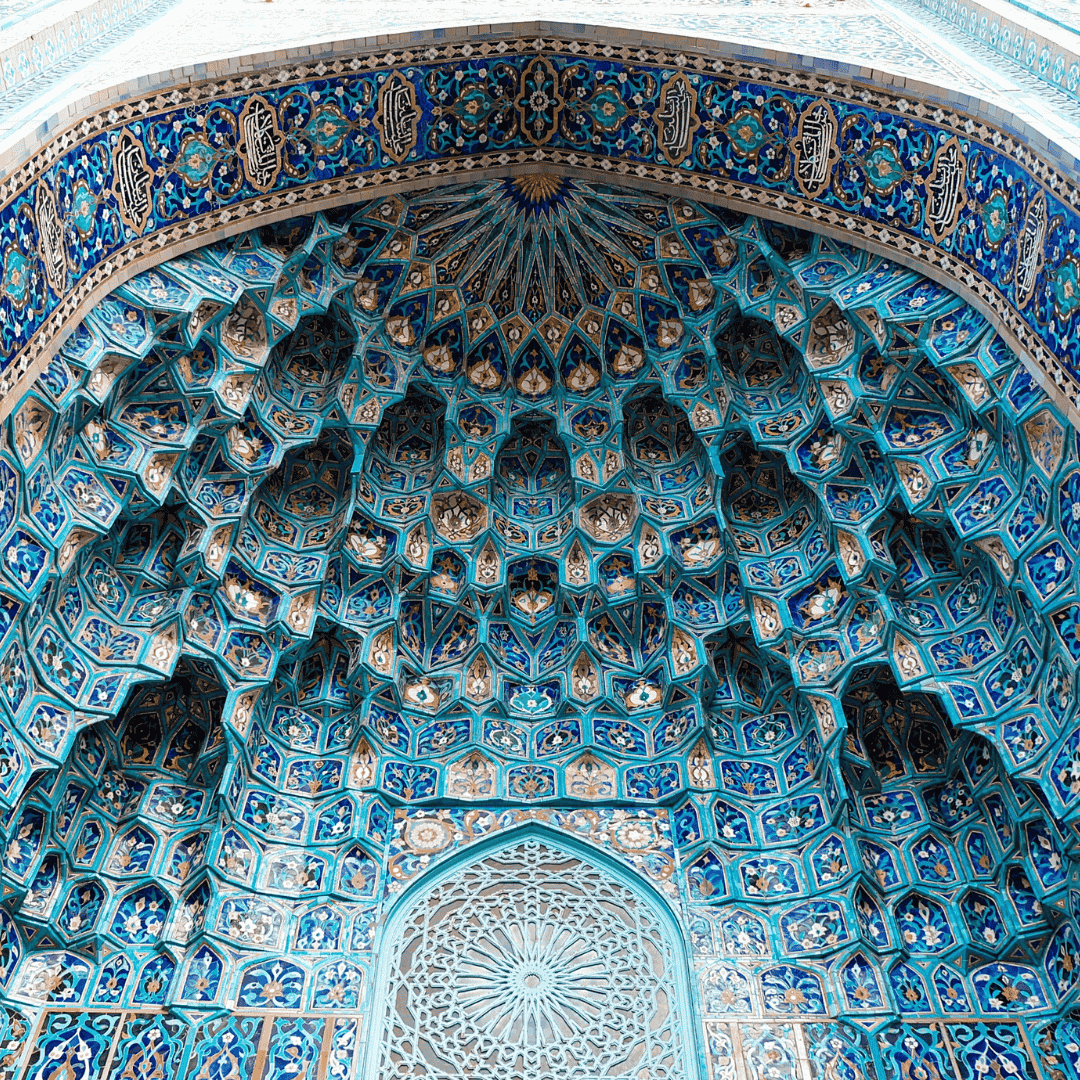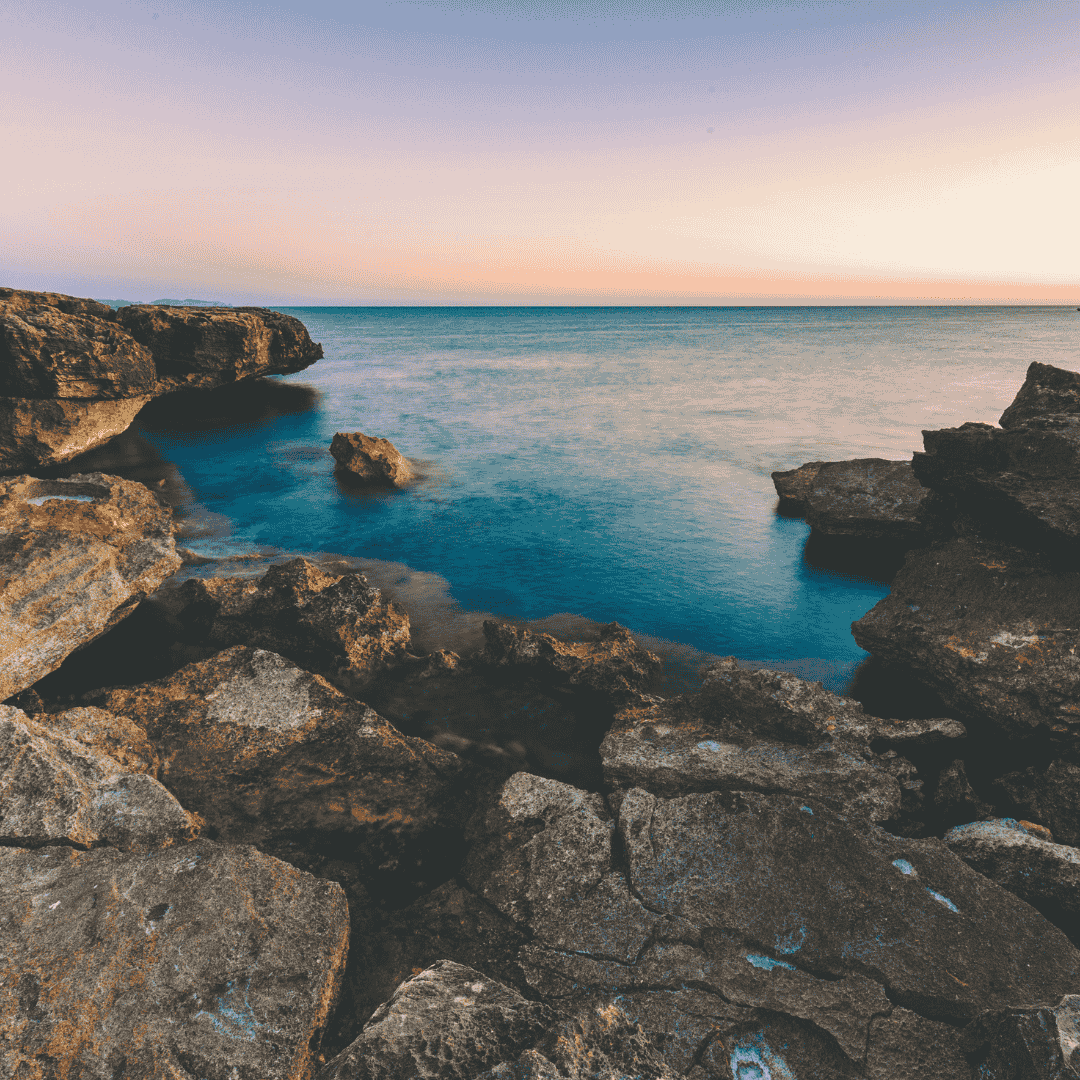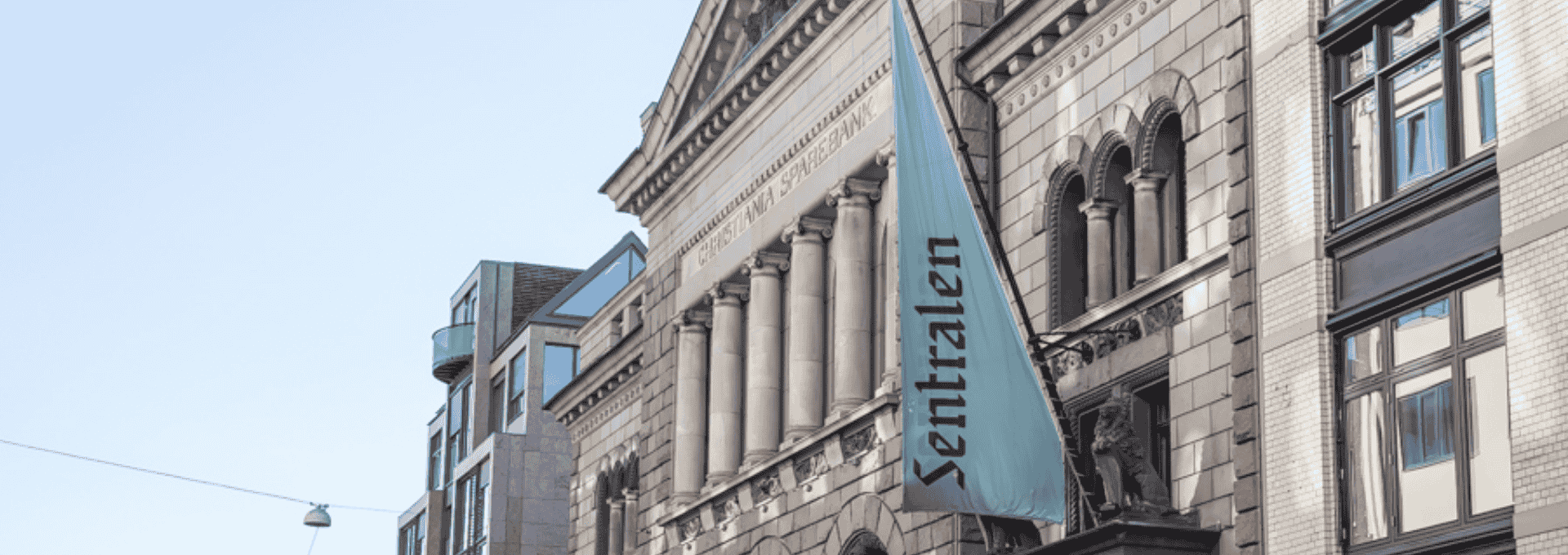
Matera Capital of Culture at the Norwegian Cultural Heritage Days in Oslo
On 29 August, Oslo will host the opening event of the Norwegian Cultural Heritage Days (Kulturverndagene), one of the country’s main national initiatives linked to the European Heritage Days. In the creative setting of Sentralen, traditions and artistic expressions from across Norway and several European countries will come together in a programme dedicated to the shared value of cultural heritage.
The theme of this edition is “Home”, an invitation to reflect on what “home” means in relation to identity, memory and common roots, but also as a space open to exchange and dialogue.
The evening, titled “Welcome home – European Heritage Day”, is an initiative promoted by the EUNIC Norway Cluster and will be opened by institutional representatives from the Norwegian Ministry of Culture, the Delegation of the European Union and the Italian Cultural Institute in Oslo, which currently holds the rotating presidency of the Cluster. Contributions will then follow from several European countries – including Slovenia, Latvia and Austria – with stories, images, testimonies and screenings interweaving tradition, territory and craftsmanship. The event builds on the 2024 pilot project, also presented during the regional EUNIC Seminar held in Warsaw last October.
At the heart of the evening will be the story of Matera’s experience as European Capital of Culture 2019, a journey that transformed the city into a laboratory of participation and creativity, recognised as an example of European cultural heritage in dialogue with other Capitals of Culture across the continent, and now looking ahead to 2026, when it will become the Mediterranean Capital of Culture and Dialogue. Rita Orlando, Head of Cultural Project Design and Networking at the Matera Basilicata 2019 Foundation, will speak on invitation from the Italian Cultural Institute in Oslo, with a contribution aimed at strengthening the ties between the European and Mediterranean dimensions, opening new connections in view of the programme that will animate 2026.
The evening will also feature a focus on the Norwegian national costume and on the process that led to its inscription on the UNESCO Representative List of the Intangible Cultural Heritage of Humanity, a “fashion walk” showcasing traditional costumes from various countries, and an exhibition of crafts from across Europe, including the European Capitals of Culture and the European Cultural Routes.
Oslo thus becomes a symbolic stage in this journey: a place where the Mediterranean meets the North Sea, where the stories of the past and the energies of the present merge into a shared narrative.






